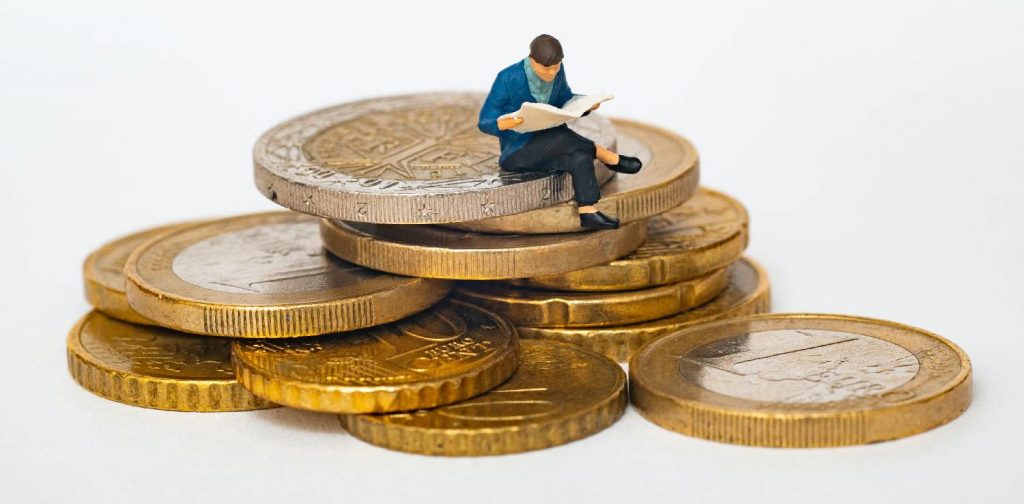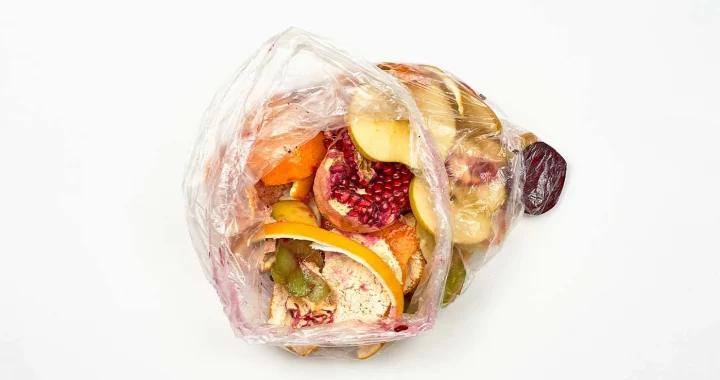Bank Syariah Indonesia’s Start in Financing Sustainable Initiatives with Corporate Social Responsibility

Photo by Mathieu Stern on Unsplash.
The economy is crucial in our pursuit of sustainability. It’s a powerful base on which we can thrive and have the freedom to create meaningful impacts. As financial service institutions, banks have a certain power and responsibility in shaping our economy to be the foundation for a sustainable future.
Sustainability as the core
The transition to a climate-resilient and fair economy requires banks to put sustainability at the core of their philosophy and strategy. This includes creating sustainable-oriented financial instruments, incorporating ESG strategies, and financing sustainable initiatives. By integrating sustainability, banks will benefit society and their owners, employees, and clients.
Erick Usher, the head of the United Nations Environment Programme Finance Initiative (UNEP FI), deemed banks’ role crucial for sustainable development. “If we want to meet global sustainability challenges, we absolutely need the support of the private sector. There just isn’t enough public money out there, especially in the wake of COVID-19, to finance the massive structural changes our societies desperately need,” said Usher.
Financing sustainable initiatives can be done through Corporate Social Responsibility (CSR), a series of efforts to reflect a company’s accountability and commitment to society and the environment. In Indonesia, Bank Syariah Indonesia (BSI) is one of the financial institutions that have been implementing their CSR towards sustainability.
Sustainable-oriented CSR programs
Years ago, international financial institutions such as the World Bank and Asian Development Bank have stated their commitments to creating sustainable CSR projects and strategies. With a goal to participate in the global economic system, Bank Syariah Indonesia (BSI) is putting an effort to do the same.
Since 2021, BSI has utilized its CSR program for charities to create empowering programs with sustainability in mind. For instance, BSI partnered with a local social movement Plasticpay to create Reverse Vending Machines (RVM) for plastic bottle recycling. With the Small Movement for Green Economy program, BSI and Plasticpay want to support Indonesia’s green economy and raise awareness of plastic waste.
“The aim of this collaboration is to educate the public on plastic waste and encourage them to start separating and processing the waste into high-value economic goods through digital platforms,” said the BSI’s Vice President Director 1 Ngatari. “With this program, we can measure the environmental impact and the financial income, which will be invested back for sustainability programs.”
In the same year, BSI also worked with the e-commerce platform Shopee in Go Digital Workshop to equip small business owners with the knowledge necessary to thrive digitally. As the biggest sharia bank in Indonesia, BSI’s participation in financing sustainable initiatives might entice others to do it, too. In the end, development from all aspects is crucial in our journey to sustainability. Laying the groundwork with a strong, resilient, and fair economy is how we can thrive toward a better future.
Editor: Nazalea Kusuma

 Test Custom Feature Image
Test Custom Feature Image  Electric Vehicles Roam the Roads of Kenya
Electric Vehicles Roam the Roads of Kenya  FedEx Engages Employees with Beach Clean-Up Initiative
FedEx Engages Employees with Beach Clean-Up Initiative  Come Back Stronger: Building Philippines’ Resilient Economy Post-COVID-19
Come Back Stronger: Building Philippines’ Resilient Economy Post-COVID-19  Inside Experian’s Sustainability Journey: An Interview with Chief Sustainability Officer Abigail Lovell
Inside Experian’s Sustainability Journey: An Interview with Chief Sustainability Officer Abigail Lovell  5 Food System Actors That Have Taken the 123 Pledge to Reduce Food Loss & Waste
5 Food System Actors That Have Taken the 123 Pledge to Reduce Food Loss & Waste  Test premium post
Test premium post